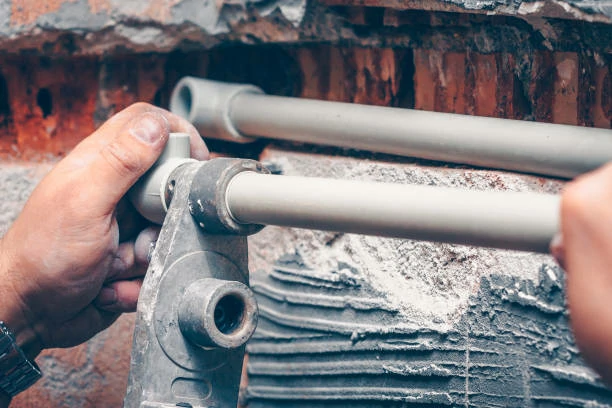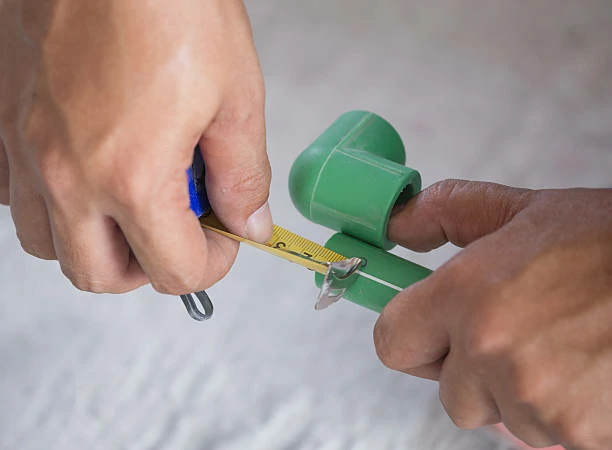Introduction:
HDPE (High-Density Polyethylene) plumbing pipes have emerged as a game-changer in the realm of drainage systems, offering unparalleled benefits and versatility. In this article, we will explore the wide-ranging applications of HDPE pipes in drainage systems and how they have revolutionized the way water is managed and transported.
1. Versatility in Drainage Applications
1.1 Aboveground Drainage Systems HDPE plumbing pipes are widely used in aboveground drainage systems, where they effectively transport rainwater, wastewater, and other liquids away from buildings and infrastructure. Their flexibility and lightweight nature make them easy to install and maneuver around obstacles, ensuring efficient drainage solutions for residential, commercial, and industrial properties.
1.2 Underground Drainage Systems In underground drainage systems, HDPE pipes excel due to their resistance to corrosion, abrasion, and chemical attack. Whether it’s stormwater management, sewage disposal, or agricultural drainage, HDPE pipes provide reliable performance and longevity in underground environments. Their smooth inner surface minimizes friction and prevents debris buildup, reducing the risk of blockages and ensuring uninterrupted flow.
2. Benefits for Drainage Infrastructure
2.1 Corrosion Resistance One of the key advantages of HDPE plumbing pipes in drainage systems is their exceptional resistance to corrosion. Unlike metal pipes that are prone to rust and degradation over time, HDPE pipes remain unaffected by corrosive substances and environmental factors, ensuring long-term durability and reliability.
2.2 Leak-Free Joints HDPE pipes are joined using heat fusion or mechanical fittings, creating seamless and leak-free connections. This eliminates the risk of leaks and water loss in drainage systems, minimizing maintenance requirements and preserving the integrity of the infrastructure.
3. Sustainable Drainage Solutions
3.1 Environmental Benefits HDPE plumbing pipes are environmentally friendly alternatives to traditional drainage materials, such as concrete or metal. They are non-toxic, recyclable, and resistant to biological growth, minimizing their impact on the environment and ecosystem. Additionally, HDPE pipes contribute to water conservation efforts by efficiently transporting and managing stormwater runoff and wastewater.
3.2 Cost-Effectiveness In addition to their environmental benefits, HDPE pipes offer cost-effective solutions for drainage infrastructure projects. Their lightweight construction and ease of installation reduce labor and equipment costs, while their long service life and low maintenance requirements result in significant savings over time.
Conclusion:
HDPE plumbing pipes revolutionize drainage systems, providing versatile, durable, and sustainable solutions for various applications. With leak-free performance, corrosion resistance, and environmental benefits, they excel in modern drainage projects. Embracing HDPE pipes enables engineers, contractors, and property owners to achieve efficient, cost-effective, and eco-friendly drainage solutions.
Contact
IFAN is a professional manufacturer with 30 years of experience, dedicated to producing high-quality plastic pipes, fittings, and valves. Our products include brass valves, PPR valves, as well as various pipes and fittings to meet different customer needs. Whether you need plumbing and drainage pipes or valve products, IFAN can provide a diverse range of high-quality, cost-effective products to support your projects. Below is our contact information.
We will reply your email or fax within 24 hours.
You can call us at any time if there is any question on our production.
For more information,pls visit our webside https://www.ifanplus.com/
Pls Mailto: [email protected]






